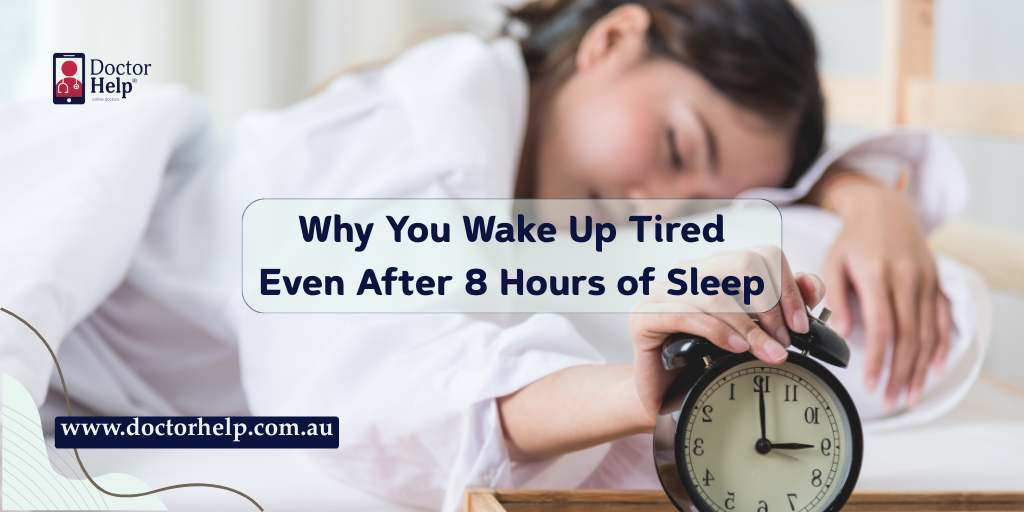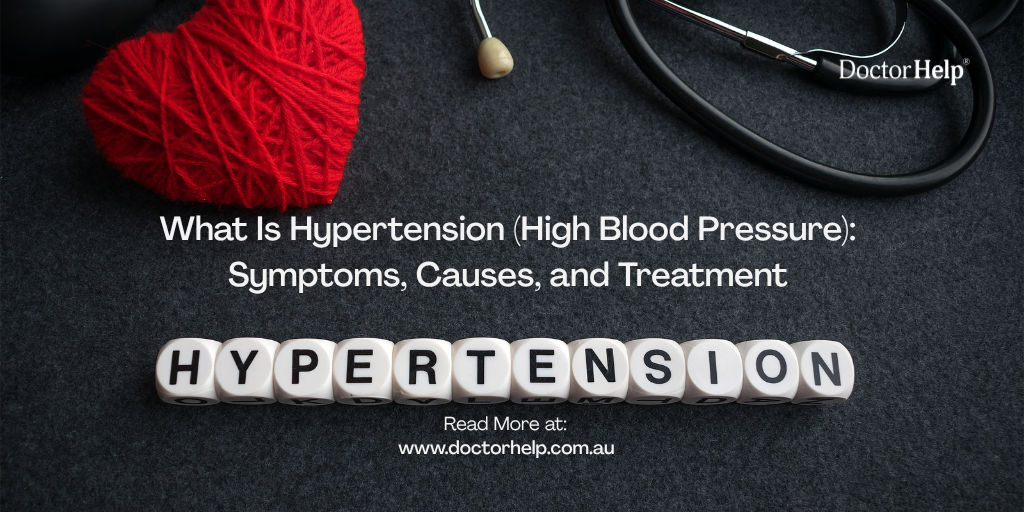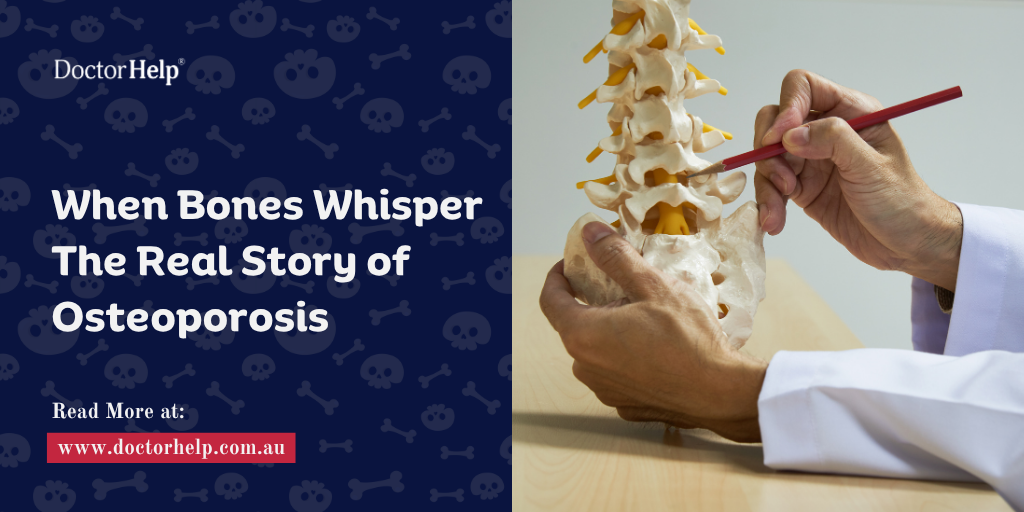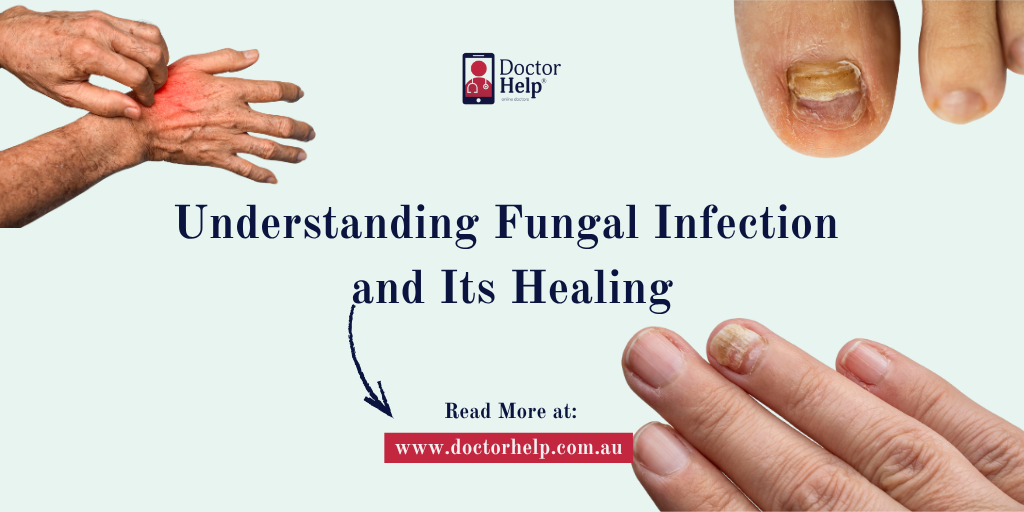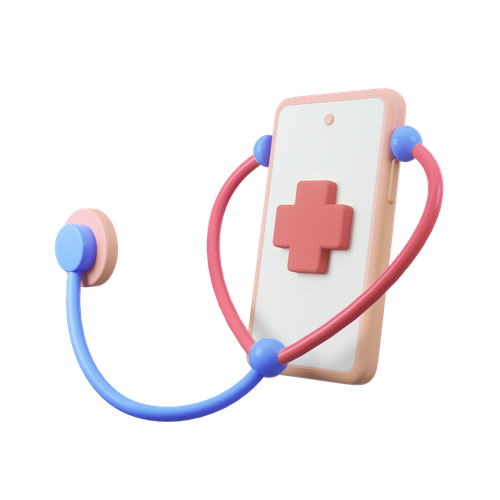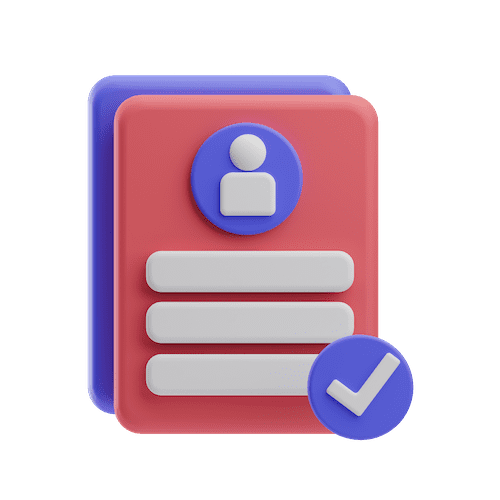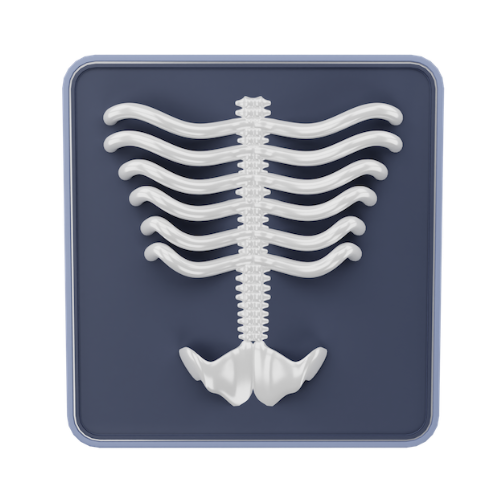Table of Contents
That annoying situation has happened to all of us: you got a full eight hours of sleep, but once you wake up in the morning, you feel like you have run a marathon in your sleep. Rather than refreshed you wake up tired; groggy, heavy-eyed and wondering what the hell has happened.
If this sounds familiar, you’re not alone. In fact, the Sleep Health Foundation of Australia reports that four in ten Australians regularly wake feeling unrefreshed. Sleep is supposed to recharge us, but for many, it doesn’t feel like it’s doing the job.
So, why do we wake up exhausted, even after ticking all the boxes for a “perfect” eight hours? Let’s dig into the science and more importantly, the solutions.
The Difference Between Sleep Quantity and Sleep Quality
Getting eight hours is only one part of the equation. If your sleep cycles are disrupted or the quality is poor, your body may not be reaping the restorative benefits.
Sleep quality depends on:
- How much time you spend in deep and REM sleep
- Whether your sleep is continuous or broken
- Your sleep setting and routines (sometimes referred to as sleep hygiene)
Imagine it as charging your phone, when the cable is torn or the power outlet is bad, the battery will never charge up to full, even when it is left on the whole night.
Could It Be Sleep Inertia?
If you’ve ever woken up feeling like you’re moving through mud, you might be experiencing sleep inertia. It is that grogginess which remains a little after awakening, and which at times continues a few minutes, sometimes hours.
Sleep inertia is the manner in which your brain adapts between being asleep and awake. But when it is severe, you wake up feeling exhausted even after getting enough sleep. According to research, this can impact memory, focus and reaction times.
Idiopathic Hypersomnia: When Sleep Itself Isn’t Restorative
In a few but significant groups, the matter is more complicated. Some disorders such as idiopathic hypersomnia imply that no amount of sleep can make you feel any less exhausted. Contrary to insomnia, where people have trouble sleeping, hypersomnia causes you to sleep, but the sleep does not rejuvenate you.
Idiopathic hypersomnia is a serious yet uncommon condition that usually needs to be evaluated by a physician and treated. When you sleep 8-10 hours regularly but still feel fatigued every day, this is something to be discussed with a doctor.
Common Reasons You’re Waking Up Tired
Beyond medical conditions, here are some everyday culprits behind waking up exhausted:
- Poor Sleep Hygiene – irregular sleep times, too much screen time before bed, or a noisy/light environment.
- Sleep Disorders – sleep apnoea, restless legs syndrome, or circadian rhythm disruptions.
- Stress and Anxiety – racing thoughts can prevent deep, restorative sleep stages.
- Diet and Lifestyle – alcohol, caffeine, and even late-night heavy meals can fragment sleep.
- Work and Posture – long hours standing or sitting without support. Interestingly, even using supportive tools like anti fatigue mats in workspaces can reduce physical strain and improve overall energy levels during the day.
Read: Signs Of Magnesium Deficiency In Aussies
How to Improve Sleep Quality
There are steps you can take to transform your sleep from restless to restorative.
1. Prioritise Sleep Hygiene
Strong sleep hygiene habits are like giving your body a sleep invitation it can’t refuse. Simple strategies include:
- Going to bed and waking at the same time daily
- Keeping your bedroom cool, dark, and quiet
- Avoiding screens for at least an hour before sleep
- Using your bed only for rest. Not scrolling, eating, or working
2. Check for Sleep Disorders
If you snore loudly, gasp during sleep, or still feel drained no matter what, it’s time to talk with a GP. Conditions like sleep apnoea often go unnoticed but can be treated effectively once diagnosed.
3. Manage Stress Before Bed
Relaxation techniques such as yoga, meditation, or even deep breathing before bed can calm the nervous system and reduce the chance of waking up exhausted.
4. Support Your Daytime Energy
Ironically, what you do during the day influences your nights. Regular physical activity, ergonomic support at work, and even small steps like standing breaks or using anti fatigue mats at long-standing jobs can reduce overall fatigue levels.
5. Seek Medical Advice for Persistent Fatigue
If nothing helps, don’t ignore your body’s signals. Insomnia can also be associated with idiopathic hypersomnia or thyroid and metabolic disorders. A telehealth consultation may assist in determining the necessity of tests or referrals to a specialist.
When to See a Doctor
It’s time to seek professional help if you:
- Consistently feel unrefreshed after 8+ hours of sleep
- Experience severe morning grogginess or sleep inertia
- Struggle with memory, focus, or daytime sleep attacks
- Notice symptoms of sleep apnoea (snoring, pauses in breathing)
A GP or sleep specialist can arrange sleep studies, blood tests, or treatment plans tailored to your needs.
Also read: Understanding Sleep Apnoea: How To Identify, Treat, And Manage It Effectively
Final Thoughts
Sleep should be your body’s nightly reset button. But to most Australians, this is more of a second chance failure. You wake up tired, foggy and frustrated. It could be poor sleep hygiene, it could be idiopathic hypersomnia, but the point is not to ignore your drowsiness as being normal.
Your body is speaking to you. Waking up tired is one indication and not a character flaw. With a little care of your habits, encouragement of your body, and assistance when necessary, you can discover again how to wake up in a rested state and actually face the morning with vitality rather than with fatigue.
Your mornings should not begin in a fog. If tiredness lingers despite your best efforts, reach out to our online doctors team and discover the support you need.
Reference:
- Asleep on the job: Costs of inadequate sleep in Australia | Special Sleep Reports. (n.d.).
https://www.sleephealthfoundation.org.au/special-sleep-reports/asleep-on-the-job-costs-of-inadequate-sleep-in-australia - Alanazi, E. M., Alanazi, A. M. M., Albuhairy, A. H., & Alanazi, A. a. A. (2023). Sleep hygiene practices and its impact on mental health and functional performance among adults in Tabuk City: a Cross-Sectional study. Cureus.
https://doi.org/10.7759/cureus.36221 - Foley, L., & Foley, L. (2025, July 10). Sleep inertia: How to combat morning grogginess. Sleep Foundation.
https://www.sleepfoundation.org/how-sleep-works/sleep-inertia - Module 7. Napping, an important fatigue Countermeasure, Sleep Inertia | NIOSH | CDC. (n.d.).
https://www.cdc.gov/niosh/work-hour-training-for-nurses/longhours/mod7/03.html - Dhillon, K., & Sankari, A. (2023, July 31). Idiopathic hypersomnia. StatPearls – NCBI Bookshelf.
https://www.ncbi.nlm.nih.gov/books/NBK585065/

